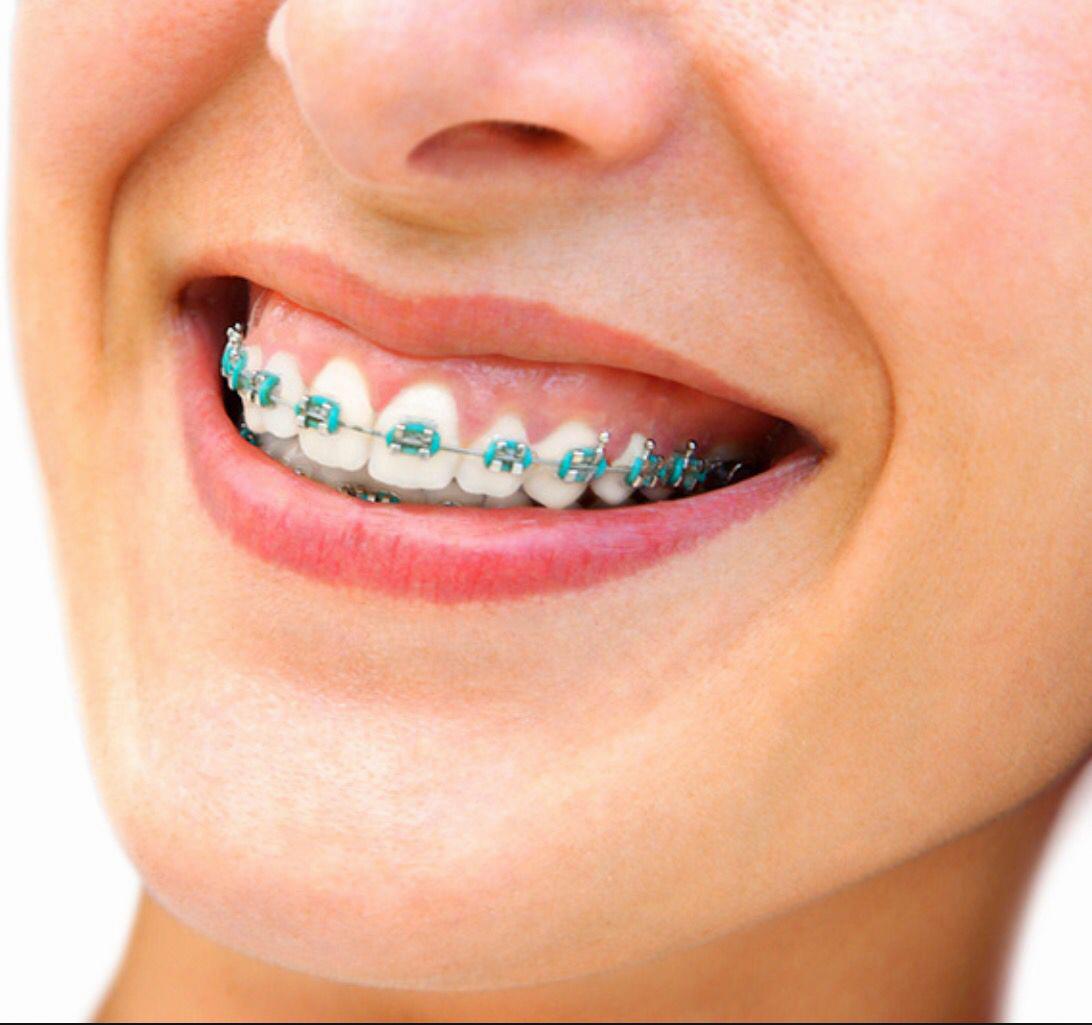Half of the dental patients who wear braces are adults. Other grown-ups should fix their teeth with braces but choose not to because they would feel self-conscious. Lingual braces miami might be the finest alternative for you if you belong to this category of adult patients. The lingual brace is invisible, and clear aligners, plastic or ceramic braces, or other invisible orthodontic products are available on the market. However, dentists attach “lingual” braces to the lingual or back side of your teeth, which is closer to your tongue.
Who is the best candidate for lingual braces?
The only way to know if you’re an ideal candidate for lingual braces is to visit your orthodontic specialist. Typically, lingual braces can correct the same kind of teeth misalignments as traditional braces and lower lingual holding arch. A study done by researchers shows that lingual braces accomplished treatment goals that doctors and patients had planned.
However, lingual affordable braces Miami are only suitable for some. For example, patients with deep overbite issues can have some problems with brackets breaking off more frequently. At your first dental appointment, dentists closely examine your teeth to determine which braces options are more likely to work well for you.
Will lingual braces give you a lisp?
Yes. To produce specific sounds when you talk, your tongue touches the backs of your teeth. Since the brackets are on the backs of your teeth, your speech will be impaired when you initially get lingual braces. While all braces have the potential to alter your speech patterns momentarily, with lingual braces, your speech might change for a month or longer.
Studies have also revealed that the type of brackets your orthodontics specialists of Florida chooses to employ may affect the degree of speech impairment. Speech therapy techniques have greatly helped some individuals with their lingual lisps. Your tongue will eventually adapt to the lingual braces, and your speaking should return to normal.
Are lingual braces cause more discomfort than other braces?
Whatever kind of braces you choose, you will experience some discomfort or pain as your teeth slowly begin to move. Most patients describe this discomfort as a dull aching, and over-the-counter drug can usually make it go away. Eating soft meals like yogurt, rice, and soft-boiled eggs would be best until the pain disappears.
Braces can also cause pain when brackets contact the soft tissues in your mouth. Due to where the brackets are placed, the tongue frequently hurts when wearing lingual braces. The pain of lingual braces can be severe for some patients. As manufacturers seek to improve patient comfort, lingual brackets will become thinner and smoother.
Additionally, you can change the brackets, which has been proven to lessen discomfort. Use a little wax over rough edges on your braces brackets or a topical tooth pain relief cream to temporarily soothe aching areas. Contact your orthodontic expert if a wire is sticking out or hurting you. You can cut your wires to stop injuries from happening.
Conclusion
The above-provided details and information will help you learn some beneficial facts and details regarding lingual braces. For more informative aspects and updates, please visit ivanovortho.com.
CONGRATULATION! YOU’VE FINISHED THIS BLOG.



